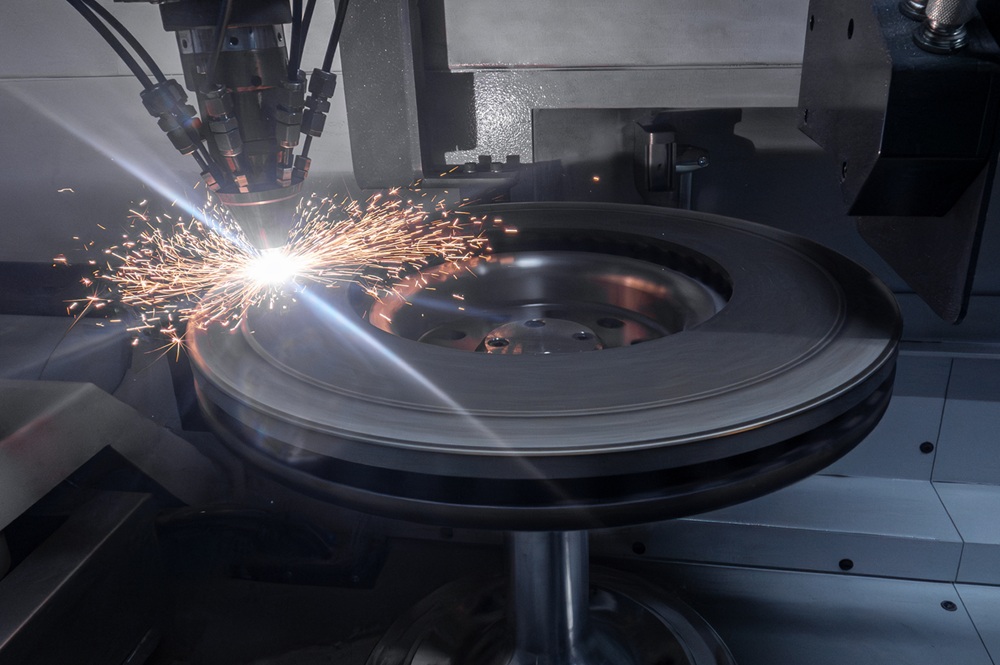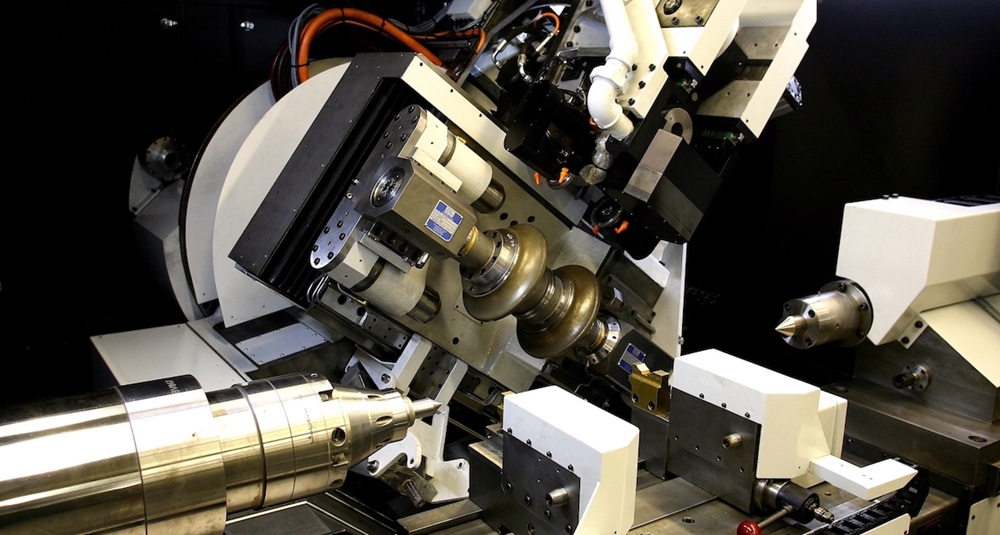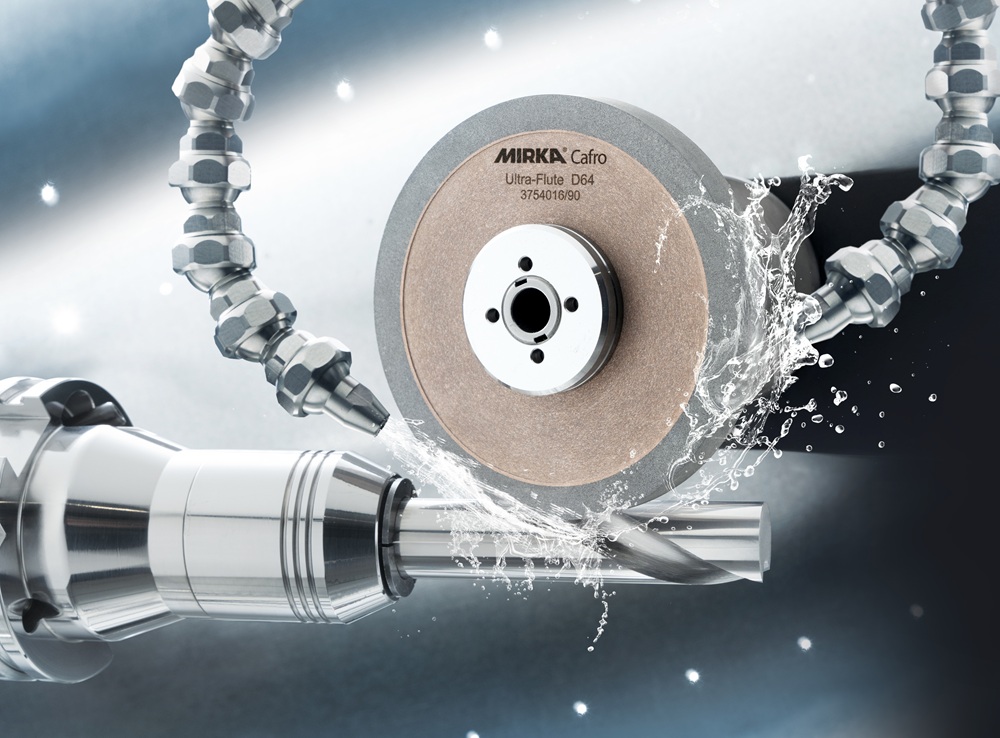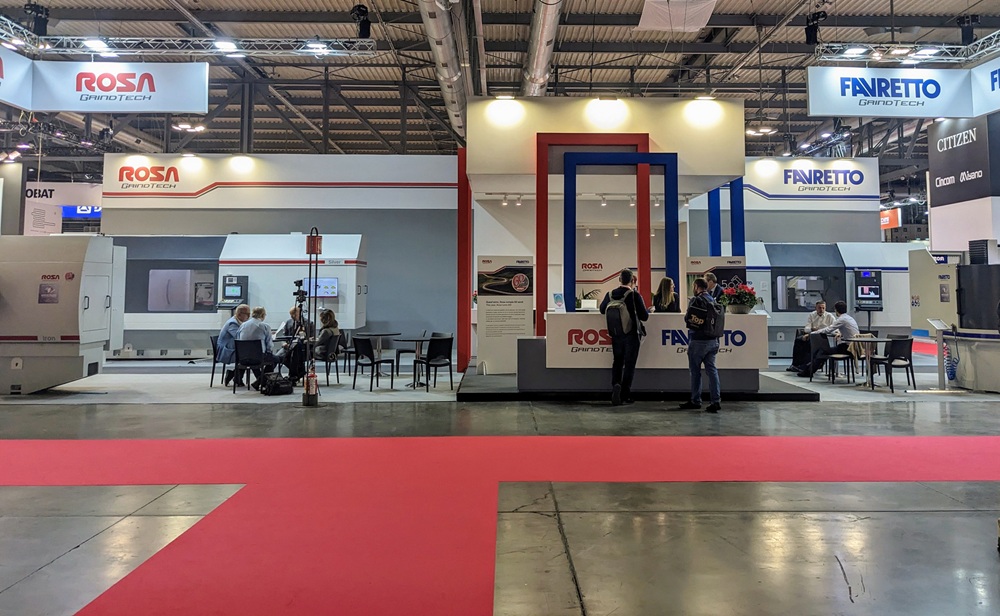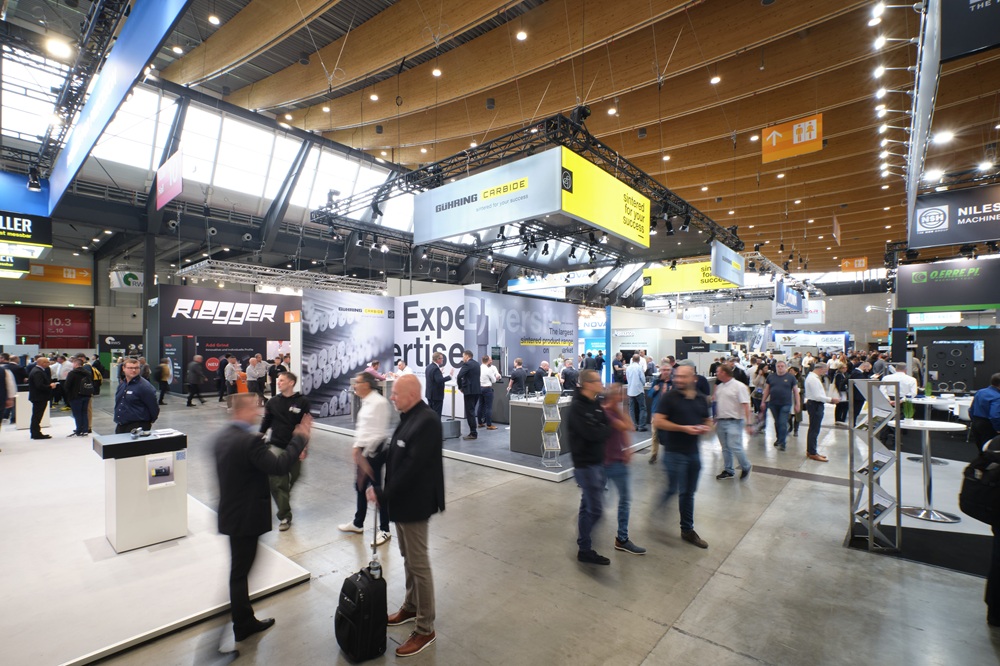The EURO 7 standard will immensely change the automotive industry: for the first time, not only emissions from combustion engines will be regulated, but also the abrasion of brakes, among other things. The initial conclusion is that the particulate matter produced by many models must be significantly reduced. As a result, OEMs and suppliers are looking for a new solution for the braking system, with coated brake discs currently proving to be the ideal solution for the task.
So how can the various coating systems be applied reliably and efficiently in the context of high-volume production? EMAG offers the answer to this question: a complete solution ready for series production for the coating of brake discs by laser deposition welding, which has already proven itself in production.
The ELC 450 LMD is a machine solution from EMAG that is characterised by its modularity and flexibility. The basic idea behind the ELC 450 LMD is the use of process modules that can be combined and expanded according to customer requirements. The basic version, the ELC 450 LMD, has one process module. The ELC 450 DUO LMD is equipped with two process modules, while the ELC 450 TRIO LMD, as the name suggests, uses three process modules.
These modular machine concepts make it possible to optimally meet customer requirements in terms of shift structure and productivity. This then determines the choice of machine configuration. The ELC 450 LMD can realize both one-shift and two-shift systems. The combination of laser power and application rate determines the most suitable machine concept for the respective application.
More information www.emag.com






